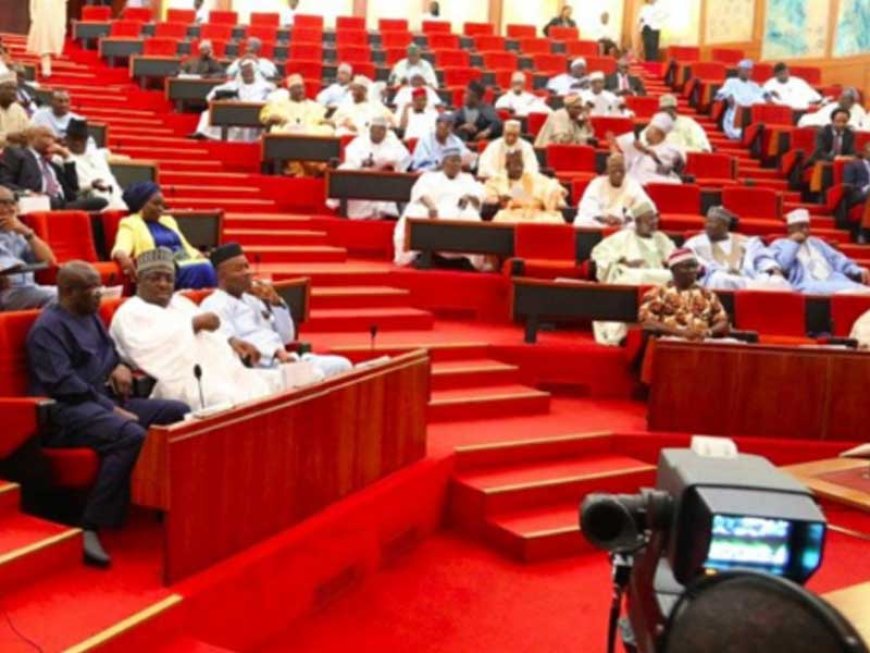Constitutional Review: State Creation, Electoral Reforms, LG Autonomy Top Agenda As Senate Commences Public Hearing in Lagos

The Nigerian Senate on Friday (today) commenced its zonal public hearing on the review of the 1999 Constitution in Lagos with the establishment of state police, creation of additional local government areas, and sweeping electoral reforms taking the centre stage.
The South-west session of the hearing, which runs from Friday to Saturday at Water Crest Hotel, Ikeja, is part of a nationwide consultation drive aimed at incorporating citizens’ views into the constitutional amendment process.
Similar hearings are being held simultaneously across other geopolitical zones, with the exception of the North-west, where proceedings were postponed due to the recent death of prominent Kano businessman and philanthropist, Alhaji Aminu Alhassan Dantata.
Speaking at a briefing on Thursday, Opeyemi Bamidele, senate leader and chairman of the South-west Zone Constitution Review Committee, said the exercise represents a pivotal opportunity for Nigerians to shape reforms addressing longstanding governance challenges.
“This forum offers Nigerians the opportunity to contribute to thorny issues affecting the country’s governance structure,” Bamidele said, adding that proposals span security, fiscal reform, judiciary restructuring, and political inclusivity.
The review is being conducted by a 45-member Senate Committee on the Review of the 1999 Constitution, inaugurated on February 14, 2024. The committee is chaired by Deputy Senate President, Senator Barau Jubrin, with Bamidele serving as vice-chair.
Among the far-reaching proposals under review is a bill to amend the constitution to allow states to establish their own police forces or similar security agencies. “There is a proposal bill to provide for the establishment of state police or other state government security agencies,” Bamidele said.
In tandem, another bill seeks to create a State Security Council to advise governors on public safety issues. Other security-focused reforms include proposed constitutional changes to devolve control of interstate waterways and labour-related matters from the Exclusive Legislative List to the Concurrent List—empowering both state and federal governments to legislate on them.
He also revealed that stakeholders from the Federal Capital Territory are pushing for constitutional recognition of the FCT as a subnational entity.
The Senate Constitution Review Committee is expected to synthesize feedback from these hearings into formal amendment proposals, which will subsequently be debated and voted on by the National Assembly.
“The future of Nigeria’s democracy depends on the inclusiveness and boldness of the reforms we are now considering,” Bamidele concluded.
Source: BUSINESS DAY













































